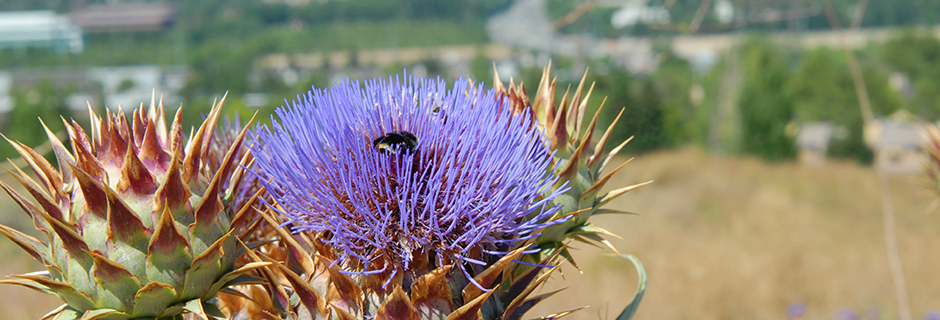Cottonwood Canyons Foundation Case Study

Industry
Environmental Non-profit
Expectations/Values
Cottonwood Canyons Foundation is a non-profit dedicated to the preservation of the tri-canyon area east of Salt Lake City, Utah. This area includes Big and Little Cottonwood Canyons. The organization coordinates with the Forest Service and recreational resorts to work to preserve and protect the canyons’ natural beauty.
Project Overview
Coordinating in concert with the Wasatch-Cache Forest Service, Cottonwood Canyons Foundation sought PMG’s services in managing invasive weed species. The project included controlling hard to reach vegetation and providing detailed documentation of areas which PMG had sprayed. The foundation needed a contractor that could locate previously mapped weed infestations, treating them and re-mapping the areas so that Cottonwood Canyons could ultimately compare year-to-year results and document the project’s progress.
PMG’s Approach
To address the Cottonwood Canyons Foundation weed management needs, PMG used precision backpack equipment to get workers and equipment into hard-to-reach areas. PMG’s spray technology mapped areas where we worked and the species of weeds which we treated.
Results and case study findings
• PMG worked closely with the client’s representative in order to attend to the foundation’s priorities.
• Communication with the client helped us prepare for a project that required negotiating difficult terrain. In addition, the project’s successful outcome could only be ensured by being familiar with our client’s mission as well as with the multiple stakeholders behind the non-profit organization. Success meant quickly demonstrating results for foundation partners and the canyons’ visitors.
• PMG provided map data that catered to the Cottonwood Canyons Foundation’s specific needs.
• Cottonwood Canyons Foundation has a long-term interest in caring for an area that caters to multiple-use visitors all interested in the area’s natural beauty. PMG’s use of mapping technology provided a framework for future weed management planning throughout the region.
Type of Work
• Roadside treatment using trucks
• Rough terrain treatment via backpacks